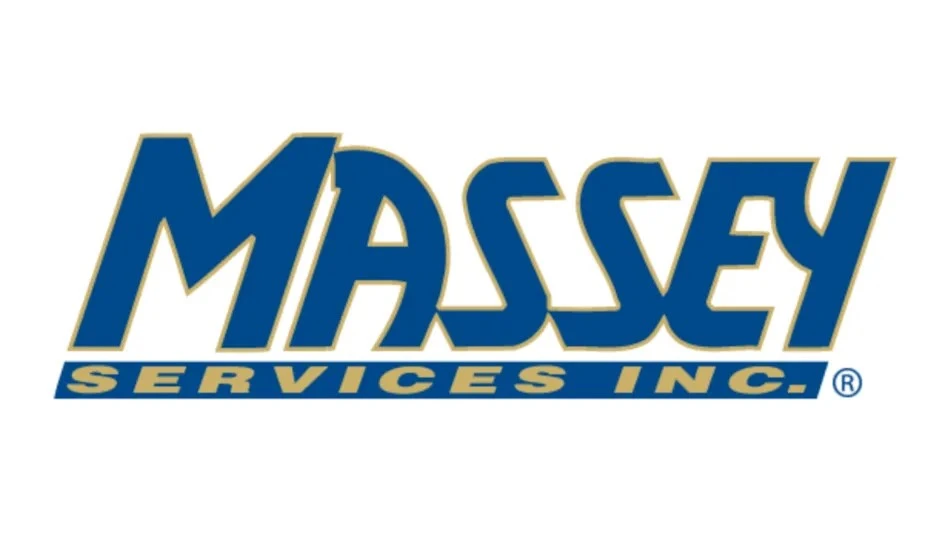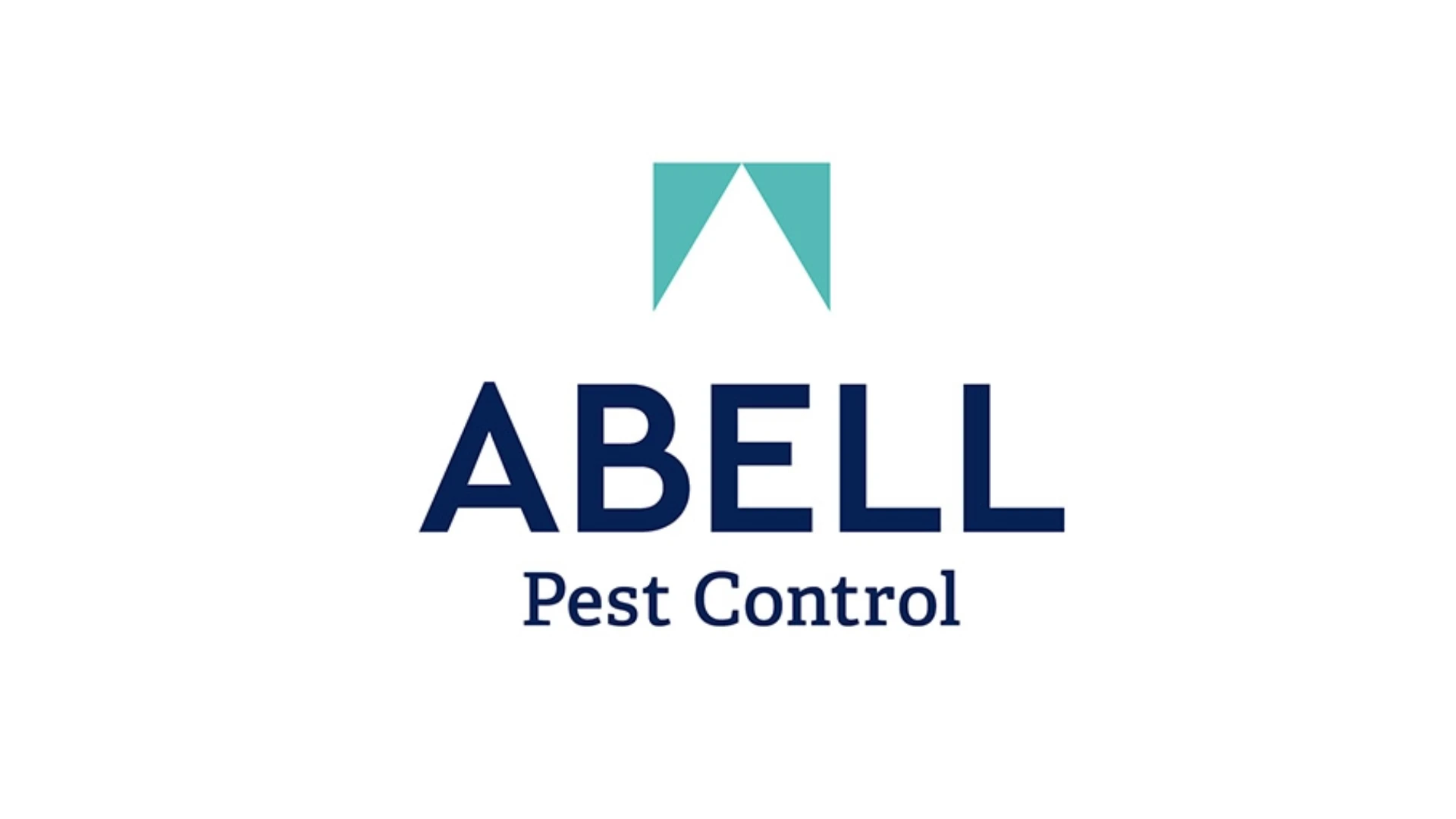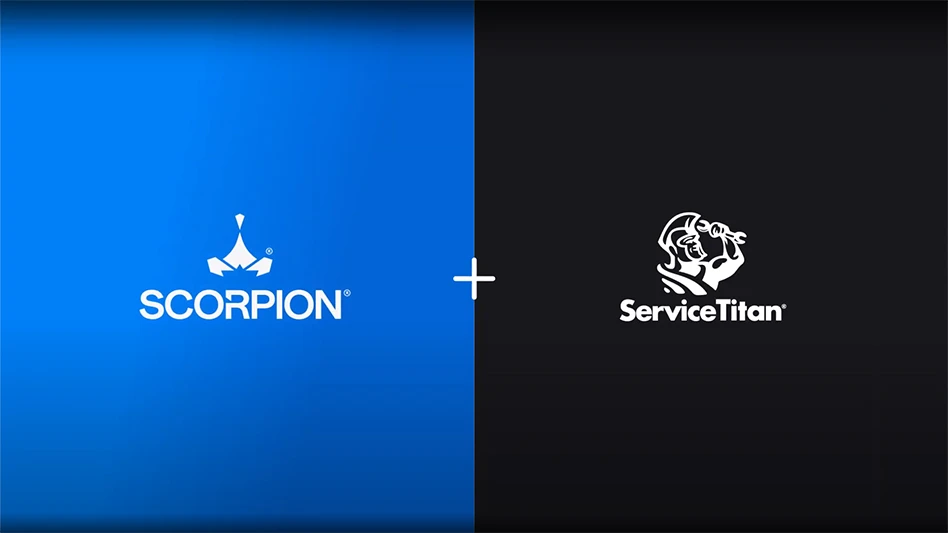It’s been my good fortune to cover numerous industry-related presentations and listen to various experts speak on a wide range of topics. I like to compare and contrast how different speakers approach the same or similar topics. In most cases, speakers purposely finish about 10 minutes early in order to take questions from the audience. This, to me, is one of the most interesting segments of a presentation, as audience members comment, share experiences and pepper the speakers with questions. Important dialogue is often opened during these Q&A sessions.
On more than a few occasions, I’ve observed a 20+ year industry expert in the audience approach the microphone and begin his comments with the phrase, "As I learned from one of our speakers today…" These comments serve as a good reminder that it is never too late to learn, and that the reason why some of the most highly regarded individuals in the industry have achieved this status is because they are always learning from others.
There probably has never been a better time in the history of the pest control industry to learn from others. The industry is filled with conferences and one- or two-day seminars offered by local, state and national associations, as well as university extension programs, manufacturers, distributors, media groups (e.g., PCT) and others. At these meetings, attendees learn from the actual presentations, but they also can glean a wealth of knowledge from Q&A sessions or simply by interacting with the speakers prior to or following presentations or during other networking opportunities. Most speakers are more than happy to answer questions…even if they are representing a competing entity. I’ve observed that most people in the pest control industry are willing to help one another because they want to see the industry succeed as a whole. Moreover, these speakers are good "bug men" who enjoy "talking shop" with colleagues.
A recent trend among industry educators is to specialize in a particular pest or treatment approach. Bobby Corrigan, for example, specializes in rodent control, while Mark Lacey is often referred to as "The Spiderman" for his extensive work with these stinging pests. What this means is that if there is a pest problem that has you stumped, somebody, somewhere probably has a solution. By networking with enough industry experts you can build an invaluable sourcebook that can solve almost any problem.
Even if you aren’t able to attend many conferences, you can still communicate with pest control experts throughout the U.S. and the world via the Internet. The aforementioned extension programs, manufacturers, distributors, etc., have Web sites that contain contact information. Many sites even have chat rooms and message boards. PCTOnline’s Message Board (www.pctonline.com/messageboard) is a popular site for PCOs to ask questions, share experiences and network with one another.
Magazines, trade journals and training sessions can help with the learning process, but so can inter-acting with colleagues. It’s a little step that goes a long way in improving your professionalism.
The author is Internet editor for PCT magazine.

Explore the July 2003 Issue
Check out more from this issue and find your next story to read.
Latest from Pest Control Technology
- Rose Pest Solutions Becomes Official Pest Provider of Chicago Fire FC
- WSPMA Hosts Legislative Day at Washington State Capitol
- A-1 Pest Control Marks 59 years in Business
- Hawaii PCO Shares Regulatory Challenges, Business Impacts from Lahaina Wildfires
- 5 Tips for Reducing Waste in the Office and in the Field
- OvoControl Now Available in Chile
- Envu Announces Savings Programs for Pest Management Professionals
- Follow the Trail





